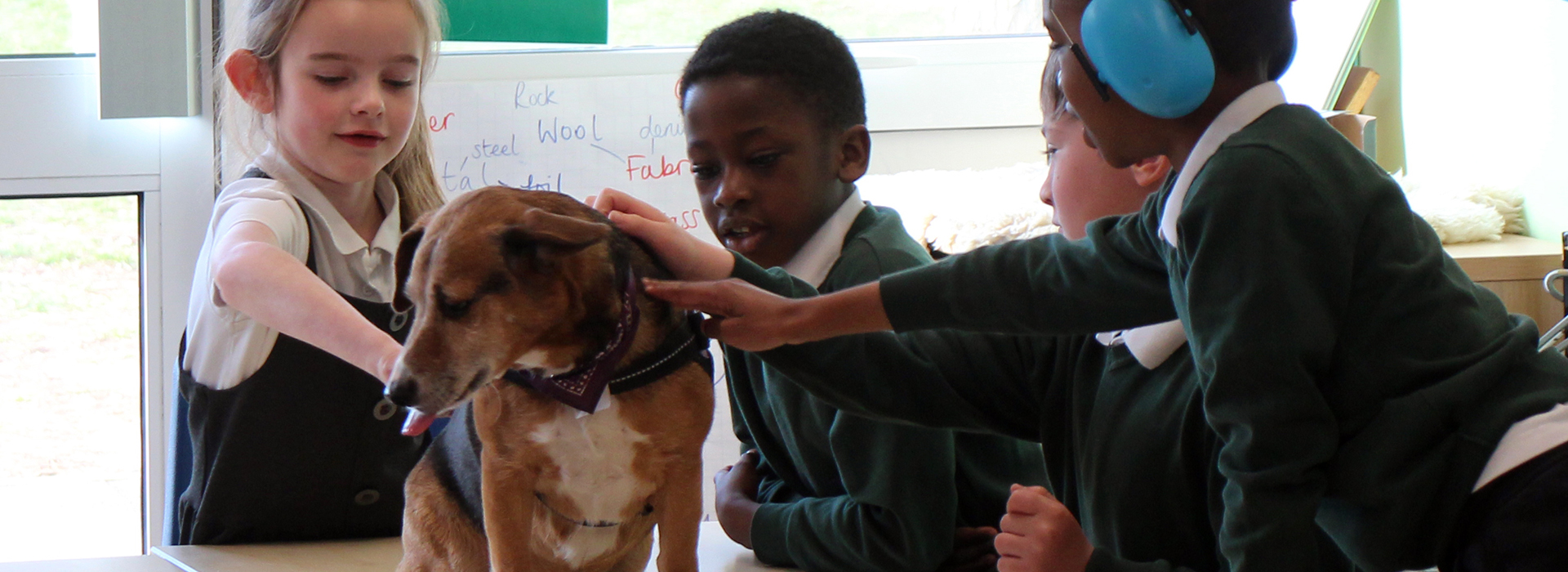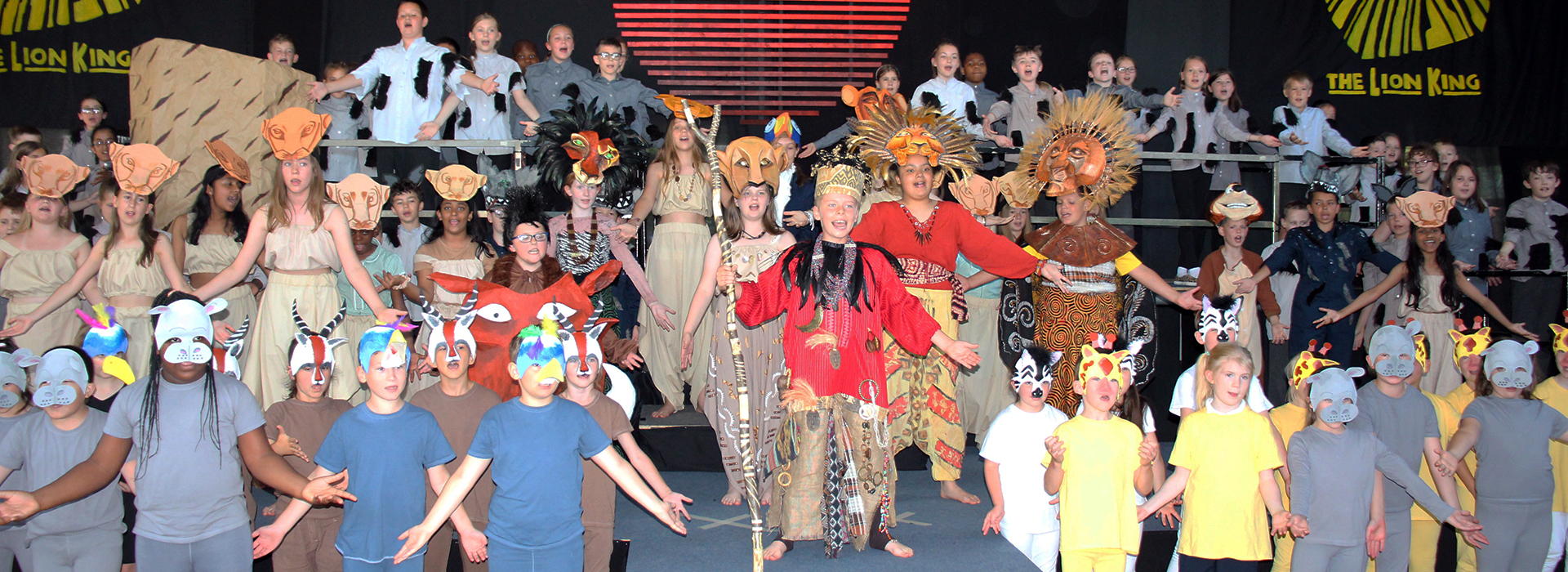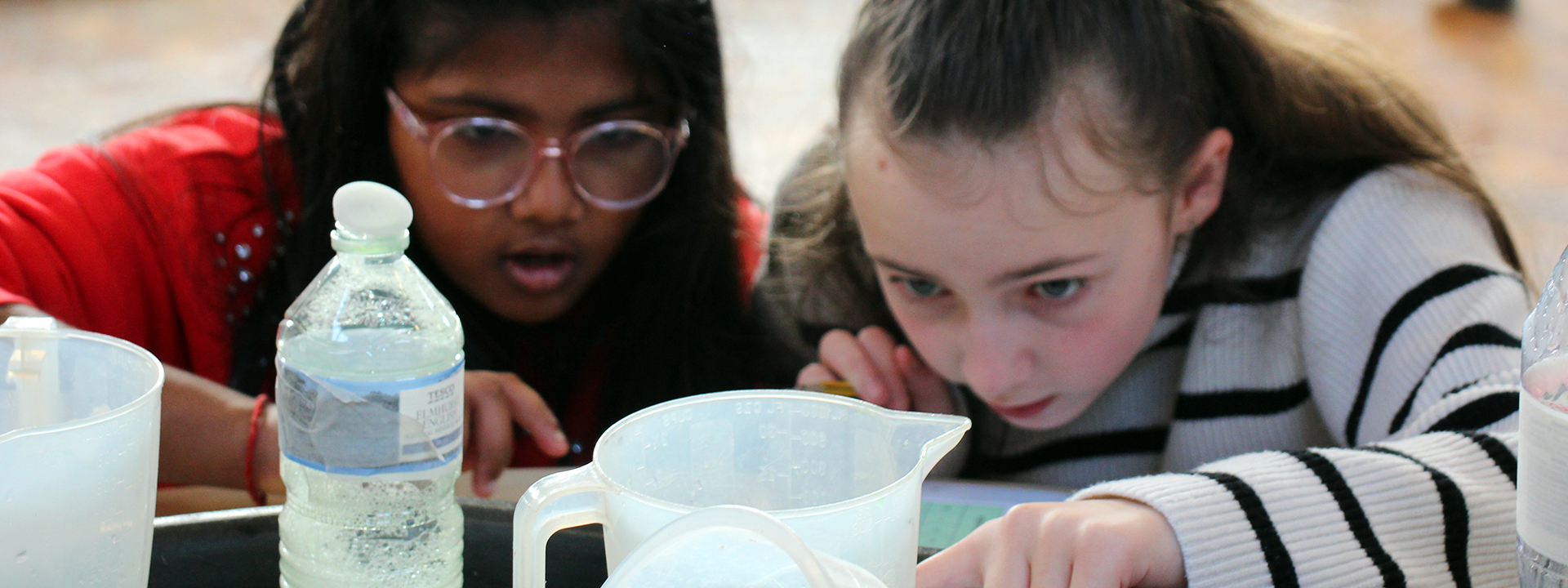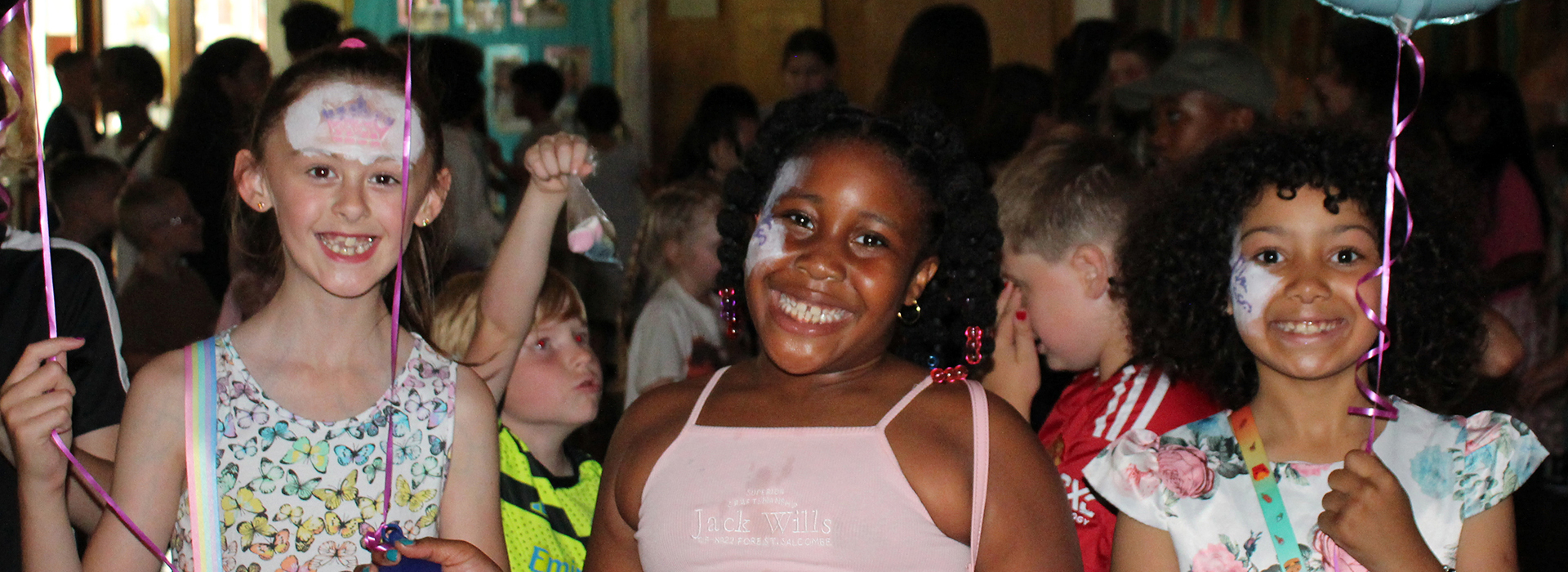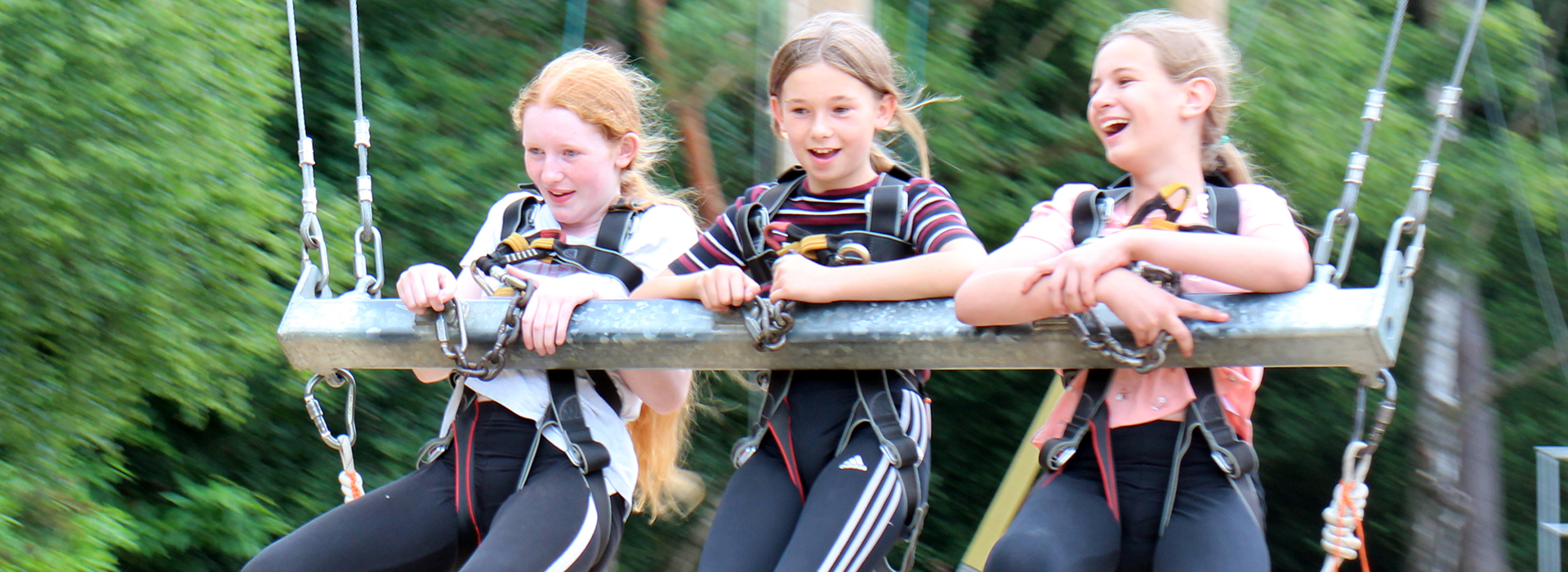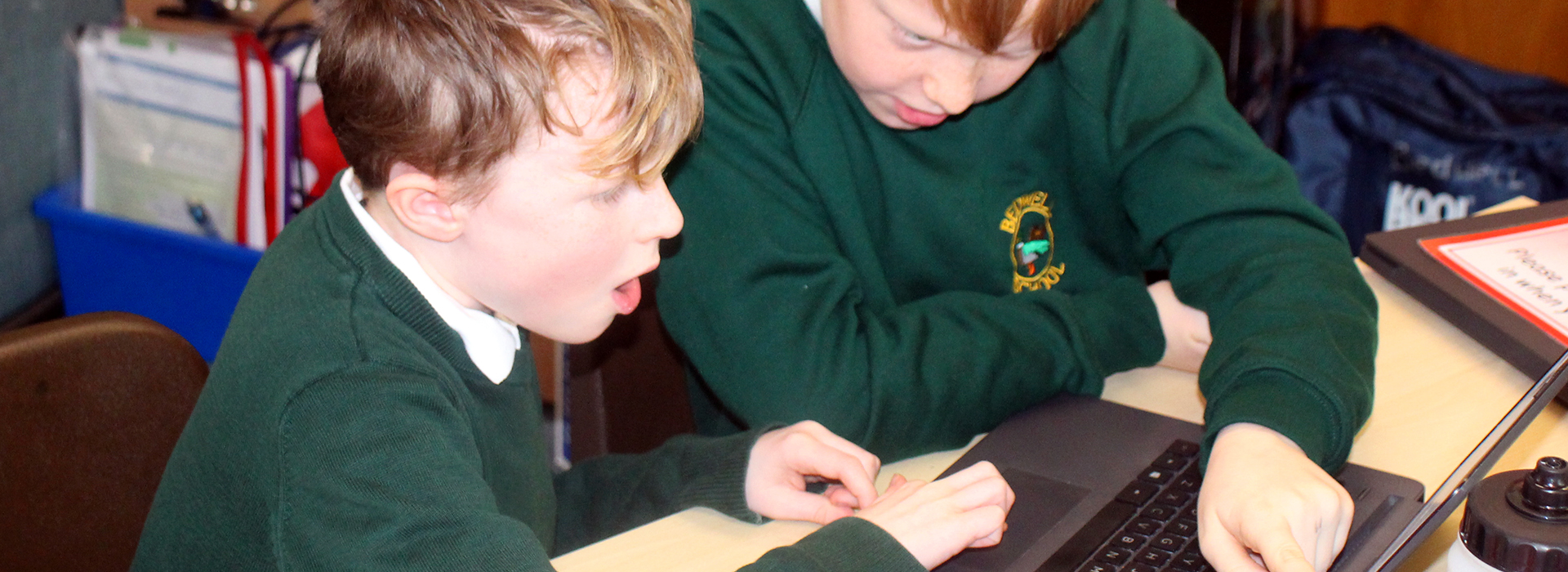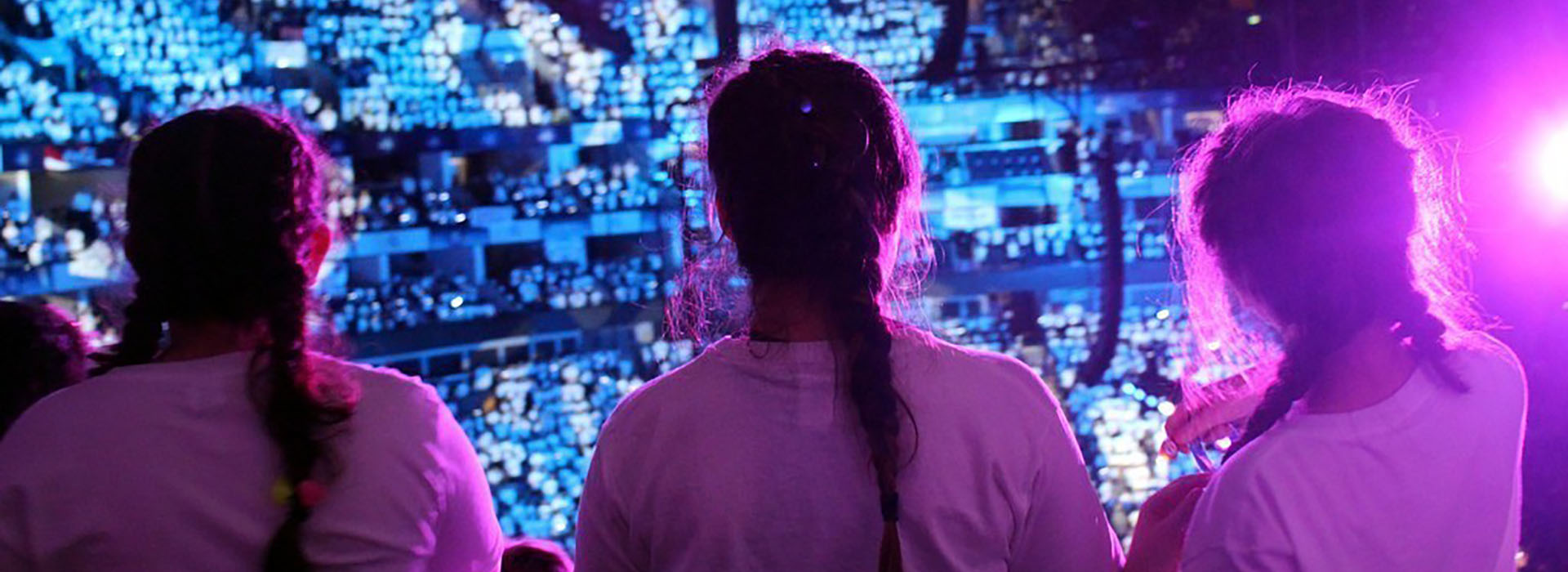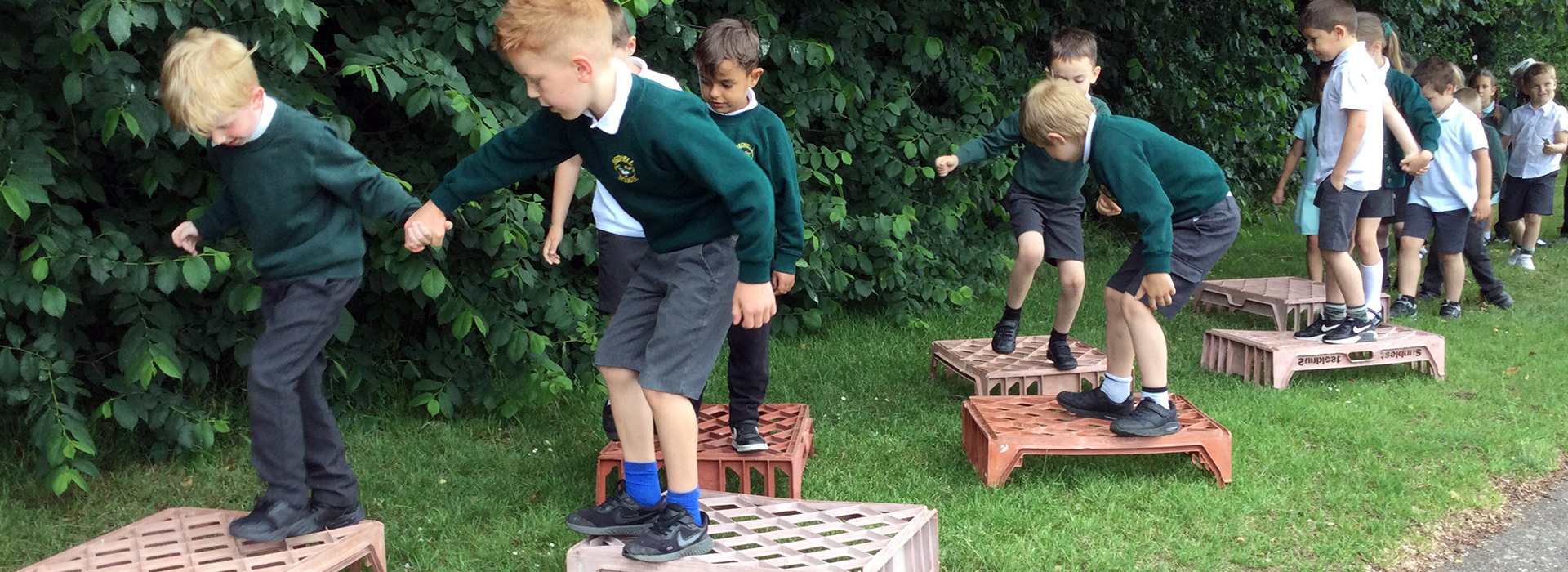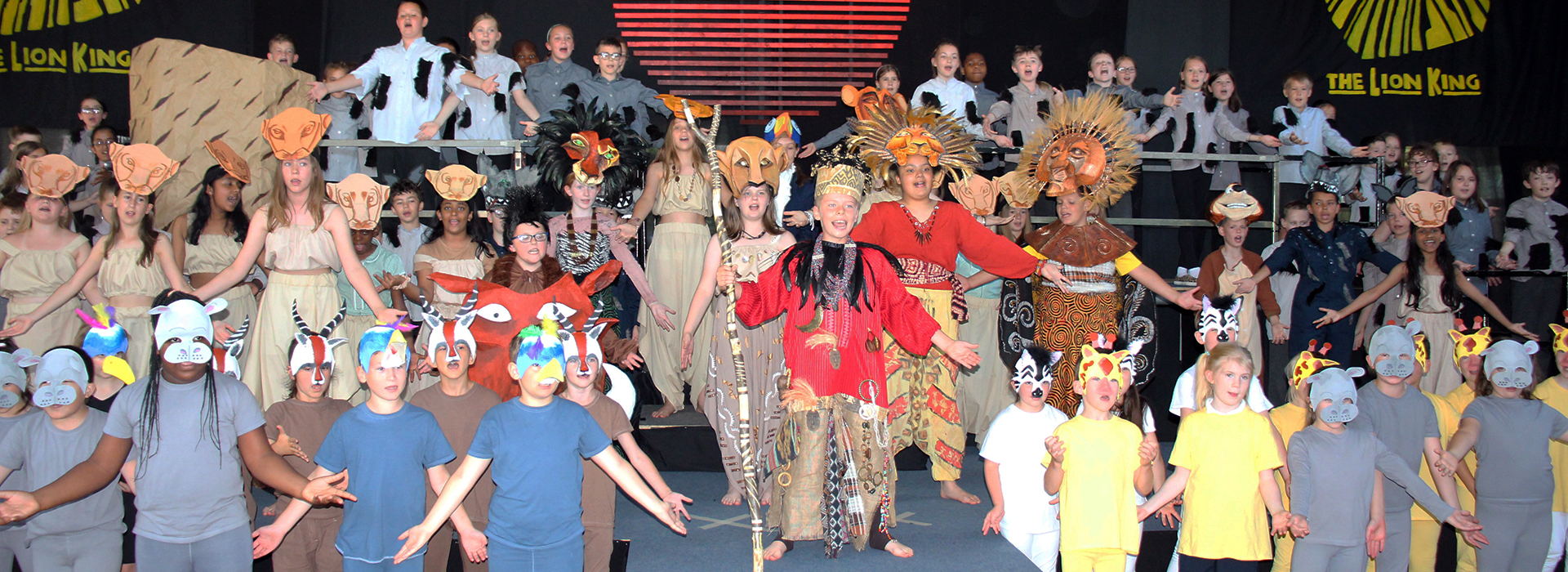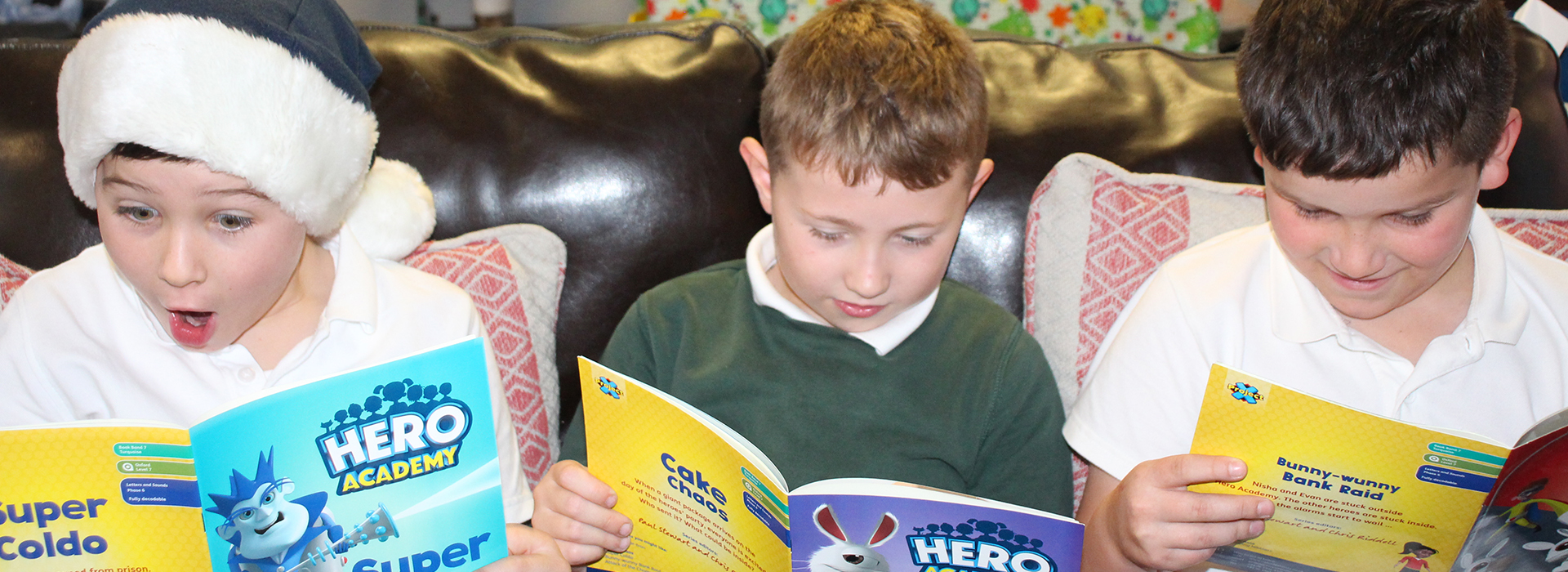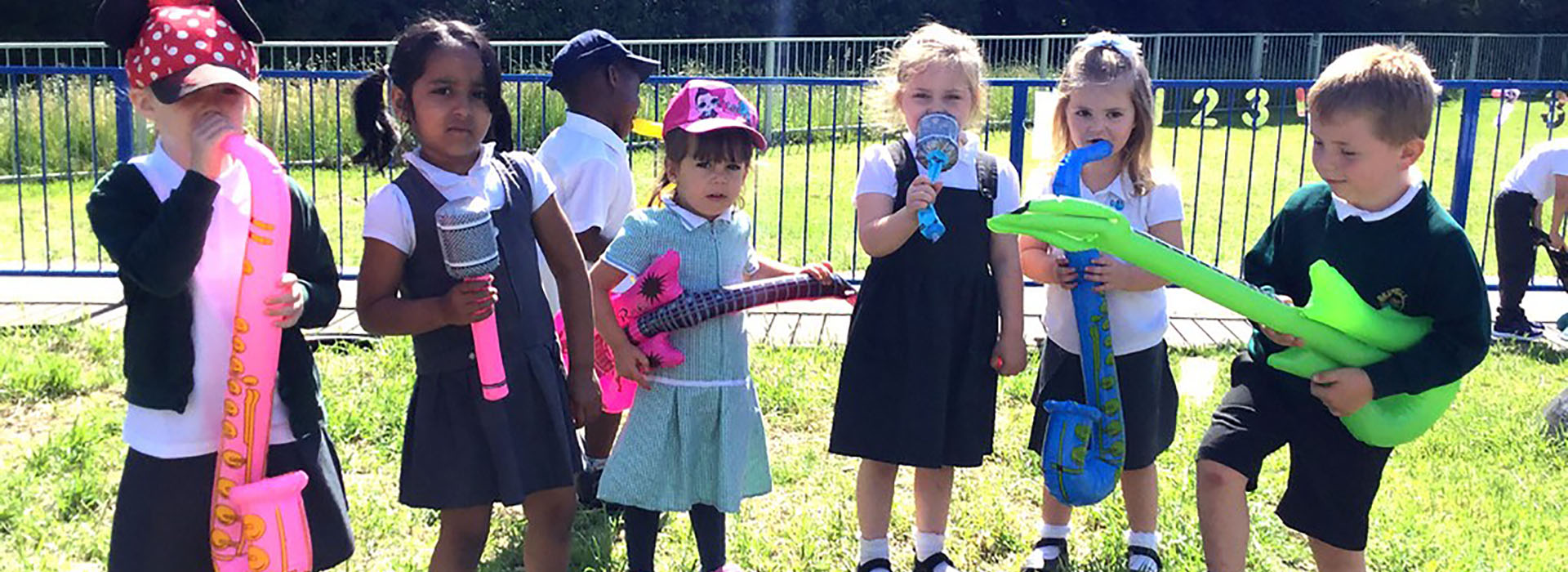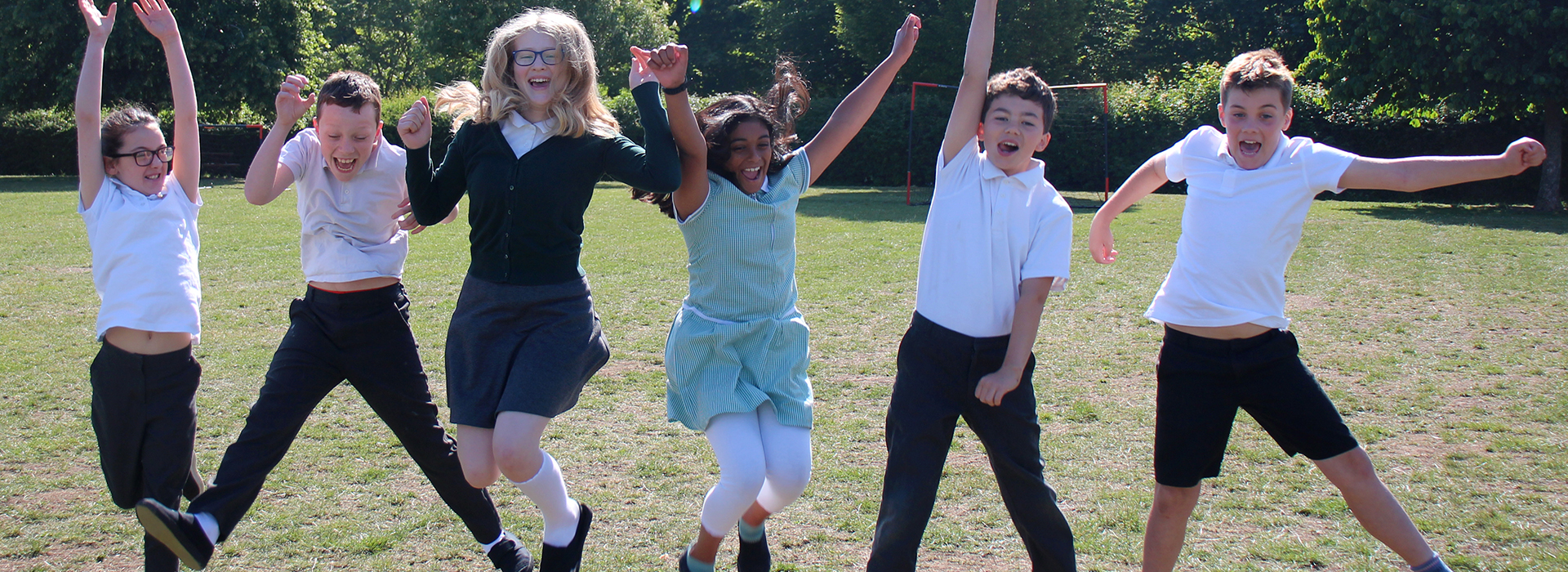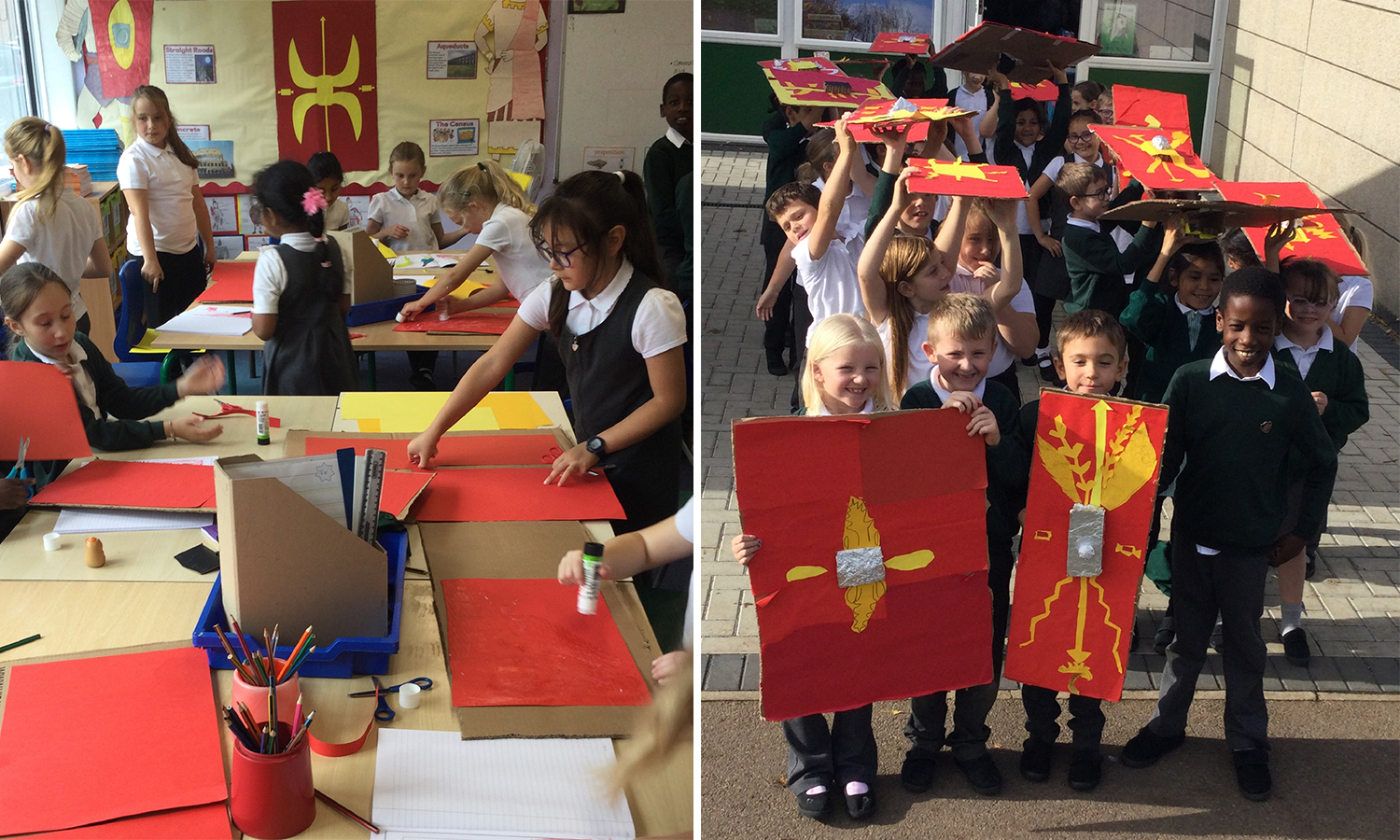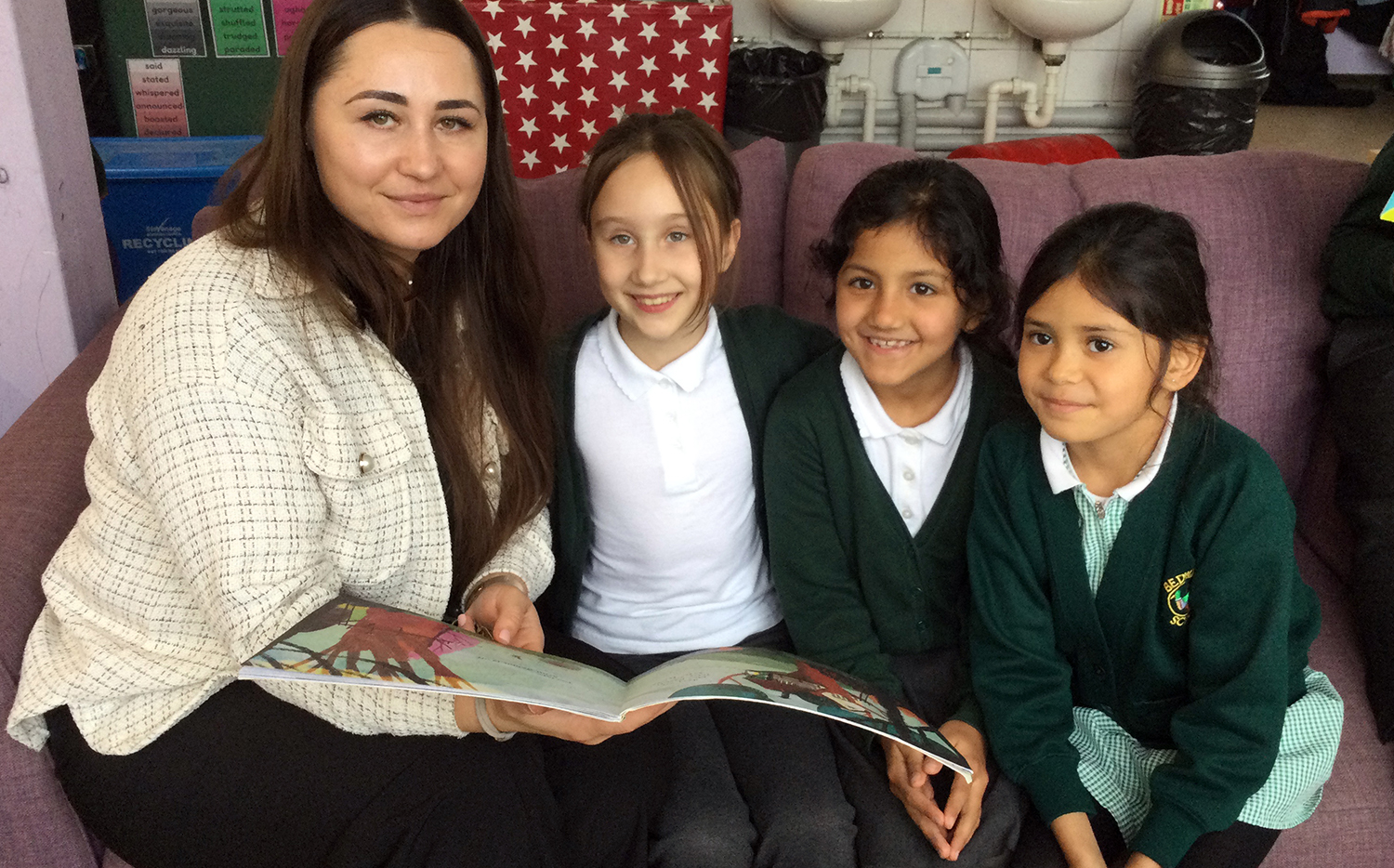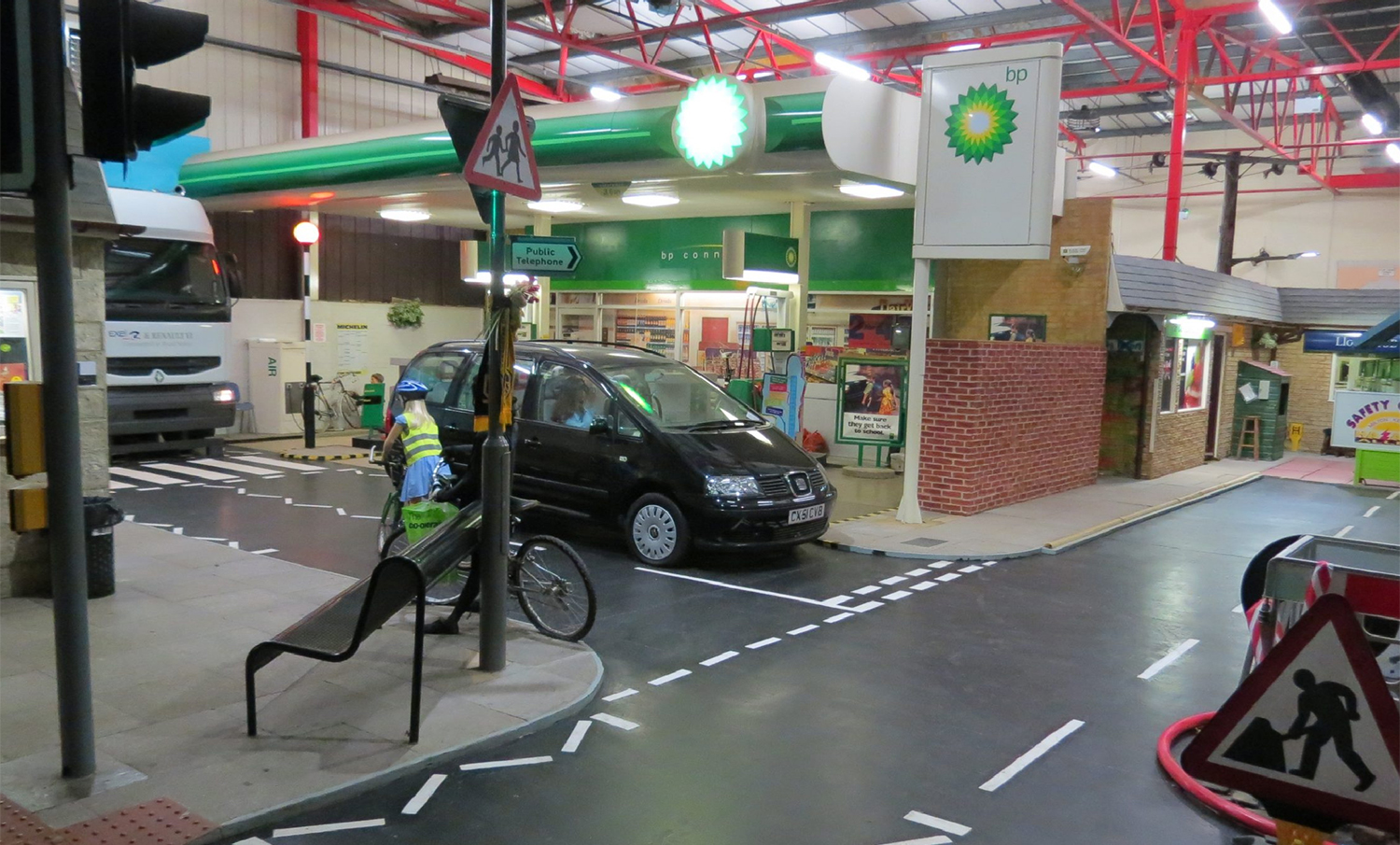This term's topics
English - Our next unit is based around the brilliant story Jabari Jumps, by Gaia Cornwall. Jabari has just passed his swimming test and is keen to jump off the highest diving board, until the doubts start creeping in… We will use the story to explore the use of speech, learning to punctuate dialogue correctly in our own work, and will also investigate the use of similes to build description. We will then use all of these skills to write recounts of significant moments from our own lives. After that, we will move on to focus on poetry. Our core text will be Love that Dog by Sharon Creech, and we will be using it to explore calligrams (poems where the words are arranged in a shape linked to the subject) and free verse (poems with no set rules),
Maths - Our big focus for the next few weeks will be on developing our understanding of fractions. We will draw, cut and divide up shapes to secure our understanding of what common fractions ‘look’ like. We will then use fraction walls and simple calculations to find equivalent fractions (2/5 = 4/10 etc.) and to calculate fractions of quantities. Finally, we will develop our ability to add and subtract fractions, first with the same denominator (1/4 + 2/4 = 3/4) and then with different denominators. Throughout the term, we will also continue to practice and learn our tables facts, which are fundamental to all the calculations in this topic.
Science - We will be investigating the way that plants grow over the next few weeks. We will begin by identifying and describing the function of different parts of flowering plants (including roots, leaves and flowers), and will then explore the different things that plants need in order to grow well. Finally, we will learn about the life cycle of plants, discovering how they make and disperse seeds.
Humanities - We will be continuing our amazing road trip around the USA, making stops in cities such as New York, Washington DC, Los Angeles and Dallas. We will also be taking a look at the wider picture of America including its history, traditions, climate and people. Along the way, we will be practicing our map skills by locating states, cities and landmarks on a variety of maps, as well as enjoying a fantastic USA Day!
Take a look at our curriculum map for more information on our topics.
